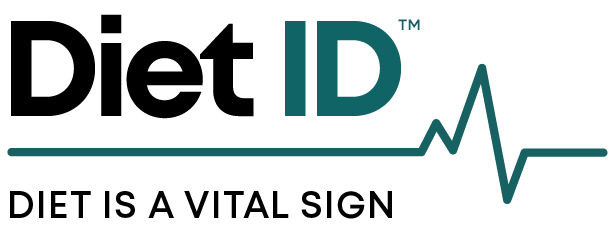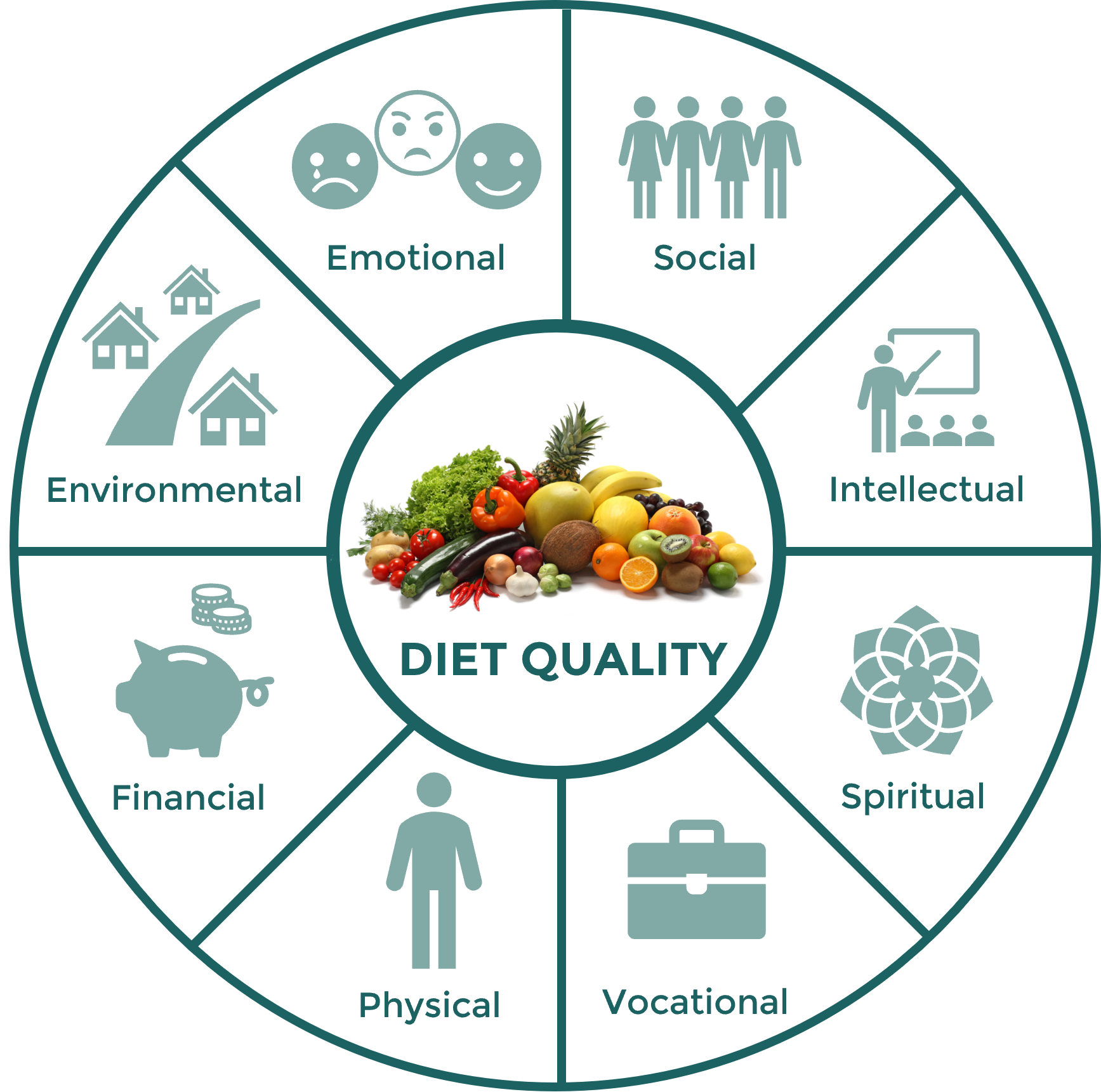People often think about wellness in terms of physical and mental health — nutrition, exercise, weight control, stress management, etc., but it is so much more. Wellness is a holistic integration of physical, mental, and spiritual well-being, fueling the body, engaging the mind, and nurturing the spirit. Although it always includes striving for health, it’s more about living life fully--not only adding years to life, but adding life to years.
In recent years, workplace wellness has begun to implement Dimensions of Wellness models. These can include physical, financial, environmental, emotional, social, intellectual, spiritual, and/or vocational. This was an important step as organizations began to adapt to and holistically tackle health challenges holistically.
Within the framework of these dimensions, however, we need to be careful not to neglect any one dimension over the other, and that they don’t become siloed and separate. Neglect of any one, over time, will compromise effectiveness of any wellness strategy, and ultimately health.
At Diet ID, we recognize that diet quality is a key player in all dimensions of wellness.
The body and mind are inextricably interwoven and connected. And food is the fuel that powers every single cell in your body. It stands to reason that the food we put into our body has tremendous potential to either help or harm our wellness overall. The interdependent nature of all dimensions of wellness compels us, as a digital nutrition company, to establish a framework whereby improving diet quality is either a cause or effect of enhancing wellness.
Here are just a few ways that diet quality is related to each dimension of wellness.
Physical - This is the most obvious dimension when it comes to eating healthfully. Eating high-quality foods is a way to care for our bodies to optimize health now and in the future.
Emotional - Emotions are tied to mental health. Research continues to uncover the important relationship between diet and mental function. Good nutrition optimizes brain functions such as mood, memory, and how we handle emotions such as stress and anger. Here find a recent webinar we hosted titled “Diet, Cognition, and Mental Health: What’s the Connection?”
Social - Eating well can help you feel better physically and emotionally, which then increases the likelihood to seek out and enjoy social activities. Furthermore, social gatherings bring opportunities to celebrate with healthy food, contribute to the community, and share information.
Environmental - Eating patterns -- and the foods that comprise them -- are a big part of our environments, and our social, natural, and built environments will, for the most part, determine food source and availability (Grocery store? Fast food restaurant? Local farm? Corner store? Soup kitchen?) to the surrounding communities. And from a planetary perspective, increasing awareness of the fragility of the environment calls to action ways to mitigate its breakdown, and clearly food quality plays a major role.
Spiritual - Finding purpose, value, and meaning in life guides spiritual health. Nourishing the body in turn nourishes the spirit, helping to attain spiritual clarity. Furthermore, for many people, choosing foods that respect the body is an integral part of spiritual health.
Financial - Financial health is about living within our means and prioritizing purchases. The way we spend our food dollars -- be it junk food or a meal rich in fiber and nutrients -- has a tremendous impact on overall wellness. It does not have to be expensive to prioritize a high quality diet.
Intellectual - When you’re well nourished, you have increased capacity to learn and assimilate complex information. Growing intellectually while valuing learning and intellectual challenges is tied in with overall health and good nutrition.
Vocational - Our work -- whether a job, volunteer work, homemaking, or a combination -- is deeply connected to personal enrichment. Eating healthfully enables us to flourish in how we problem solve, create, relate to others, and adapt to change.
Every bite and sip has the potential to either optimize health or damage it. But it’s not enough to focus just on food. Integrative models like the 8 Dimensions help contextualize specific health determinants -- such as diet pattern -- and to personalize nutrition and health interventions in ways that will maximize impact in any wellness offering.
Diet ID provides simple, frictionless diet assessment and behavior change tools your employees will actually use, with a simple deployment to get you up and running in as little as 24 hours:
Group wellness challenges to keep employees motivated and connected
Diet assessment in less than a minute
Virtual solution to help your employees improve their health and nutrition
Solutions that are shown to drive ROI for your wellness investment
If you’re interested in learning more about how Diet ID could fit into your wellness programs, click here to request a demo.



